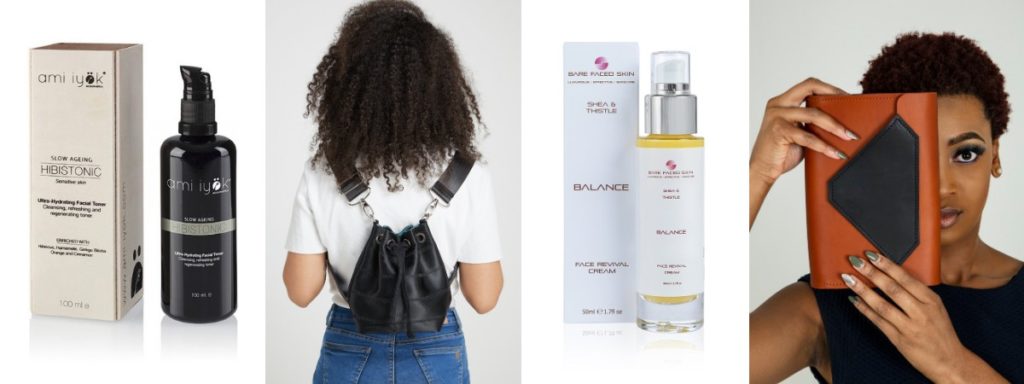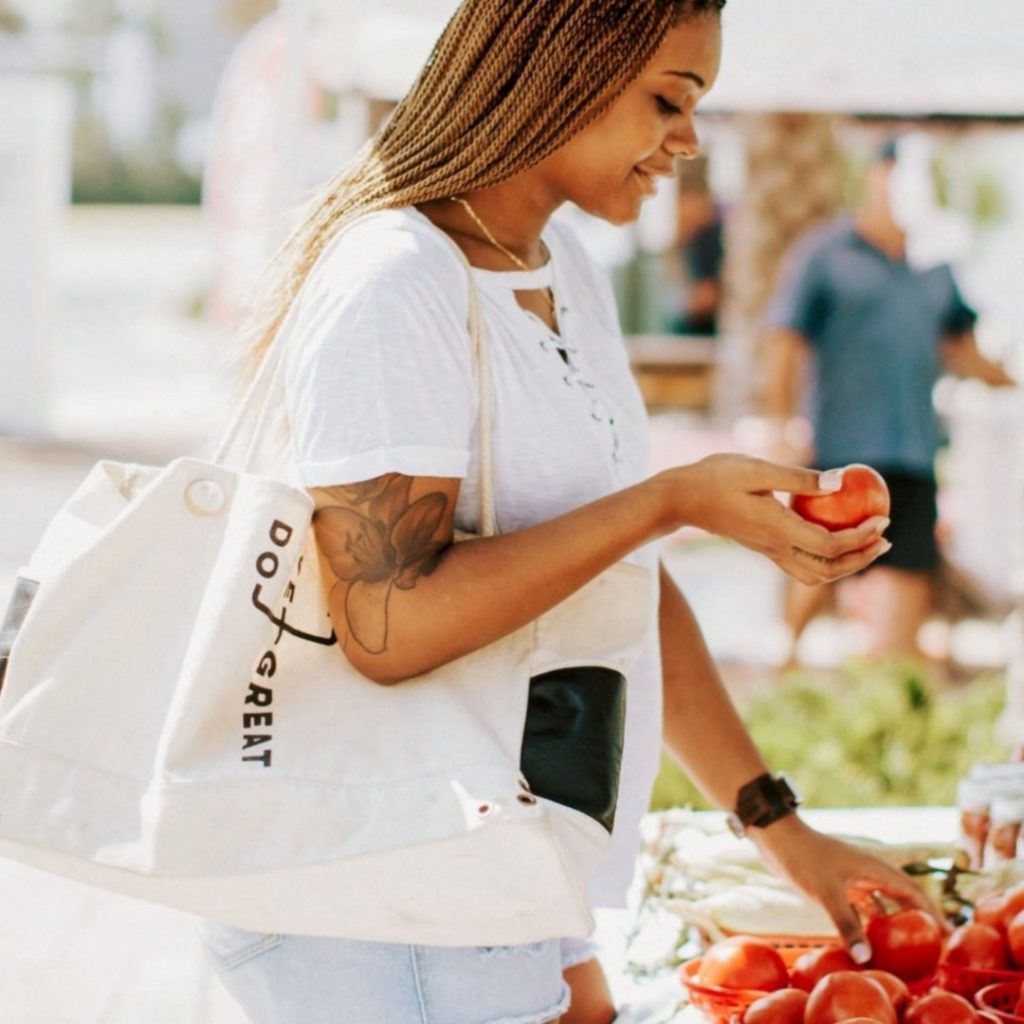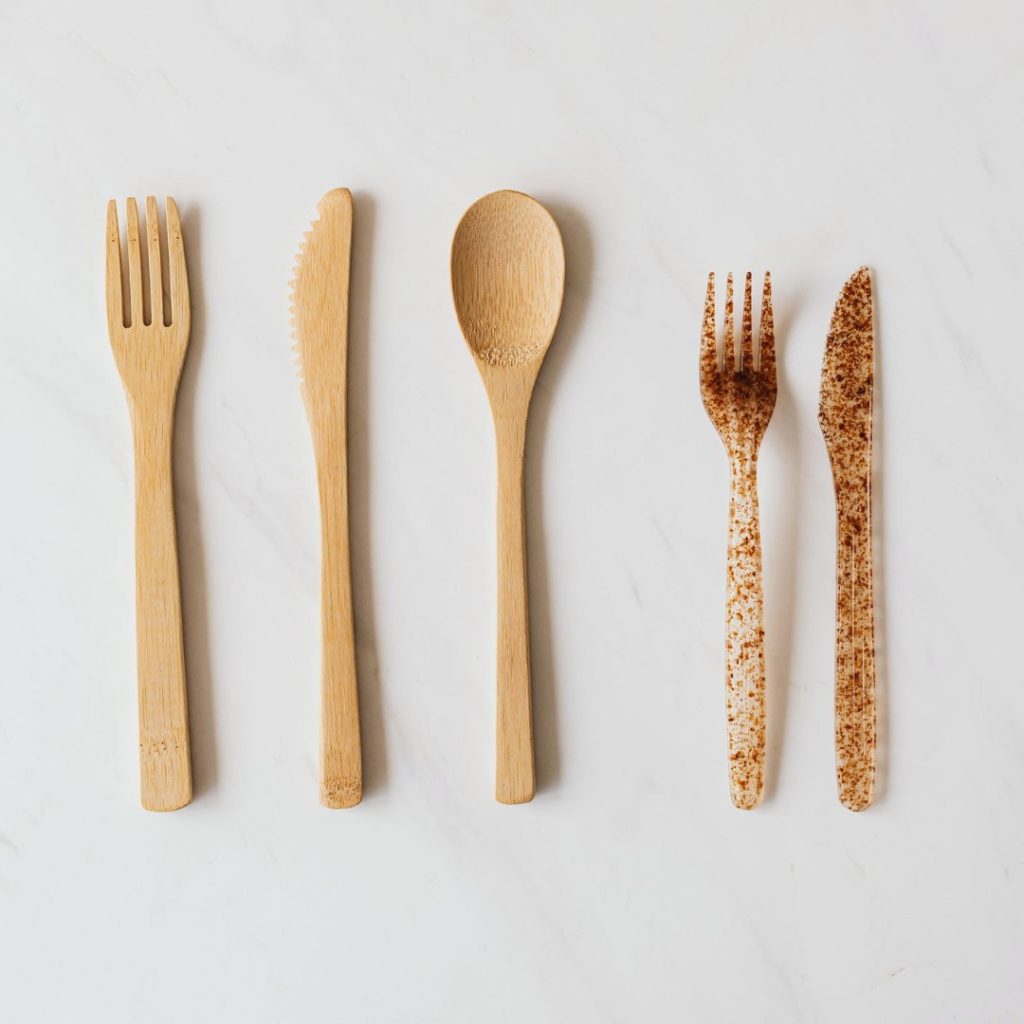It’s Plastic Free July – and the spotlight is on our plastic consumption. Today plastic is so common that it’s hard to imagine living in a world without it. From crisp packets and water bottles to the clothes hanging in our wardrobes, plastic can be found in different forms, shapes and guises.
The once miracle material is now sadly choking our waterways and damaging our planet. It is thought to take hundreds – or even thousands of years for plastic to break down and all the while it pollutes our earth and water. 8-million tonnes of plastic ends up in our oceans. The tough truth is that our actions have consequences and since plastic became mainstream over the past few decades, the plastic pollution problem has gotten worse – and will be left for many generations to come.
However, it’s not all doom and gloom. Thanks to the amazing initiatives and the work of people like David Attenborough, environmental awareness is on the rise. Attenborough’s documentary series is credited with raising awareness of plastic pollution both at home and in the wider world, an influence dubbed the ‘Blue Planet effect’ which inspired people to go out and clean up their local beaches – and support more charities that are protecting our oceans.
Whilst the plastic pollution problem is far from solved, we are certainly taking steps in the right direction.
Plastic Free July
Before we dive into our top tips to reduce plastic use, let’s talk a bit more about the movement and how it all began.
Plastic Free July is an initiative that started in Australia back in 2011 and today is a fully-fledged global movement helping millions of people be part of the solution to plastic pollution – so we can have cleaner streets, oceans and communities.
The plastic-free movement is all about reducing our single-use plastic and minimising our ‘plastic’ footprint on the planet. But knowing where to start can be quite daunting. So rather than jumping straight into a zero-plastic, zero-waste life, why not try making small, sustainable changes at home? These steps are more achievable but still have a positive long-term impact – not just on the planet but our purses too!
Going Plastic Free
Many of us have already started our journey to plastic-free living – but don’t worry if you haven’t, it’s not too late! Ahead of Plastic Free July, we are sharing our top tips to get you started and avoid single-use plastics.
1. Choose brands that are committed to being plastic free

Truly sustainable and plastic-free beauty brands aren’t the easiest to find. So it’s important to weigh up what’s the most important to you when it comes to beating plastic. Not all plastic is bad. It’s actually what we do with the plastic once we’ve used it that is important, how it was created will determine how it can be recycled or reused. Look for brands that offer plastic free, refillable packaging. Our founder is keen on Ami Iyok and Bare faced Skin who both use alternatives to plastic packaging. When it comes to fashion, there are brands that are using recycled plastic in their products, such as From Belo, who make the lining of their bags from plastic bottles. Then there are brands like Tatum Diamond London who are passionate about the ocean and only use natural derived materials such as leather and have a strict plastic free policy.
2. Shop sustainably
Bring reusable or cloth bags with you when shopping rather than using single-use plastic bags. To make sure you’re never stuck without a reusable bag, we recommend leaving one in your everyday handbag/backpack. Browse through our collection of Ethical Brands – many have reusable sustainably and ethically produced bags that are perfect for the weekly shop. Our founder loves her Do Good – Maha Loka Tote which doubles up as a yoga bag and grocery bag.

3. Try to avoid single-use packaging
A lot of food comes with excess packaging. Try shopping at your local farmers market or butchers or at a supermarket that sells food loosely. Take your own containers when you go to the supermarket, butchers or green grocers and ask them to add your product into those instead of using single use ones. Many supermarkets (before Covid-19) were happy to do this. We may need to wait a while util counter services resume – but the consumer demand is there, and businesses are taking notice.
Don’t forget to take your own water bottle and your own reusable coffee cup when you go out, this is a small but might move when it comes to reducing the amount of single use ups and bottles.
Our founder wrote a 12-zero waste diary for us and she highlighted all the times she went out unprepared and all the single-use items that she ended up buying.
4. Don’t use disposable cutlery
If you know you’ll be buying or bringing food out with you, bring your own cutlery rather than taking the plastic ones from the shop. Opt for a long-lasting plastic alternative like stainless steel or bamboo cutlery.

5. Replace cling film with reusable wrap
Beeswax and soy wax wraps – reusable, biodegradable alternatives to cling film – are now widely available. Made from cotton, wax and resin, these wraps can be moulded around containers and food to keep it fresh. And once used, simply wash and dry it. They last for up to a year and, once they’re spent, some can be composted.
Struggling with the idea of going plastic free?
Reducing your plastic consumption takes time. Be patient, persistent and open to new ideas. Terms like plastic-free and zero-waste sound full-on, and it can actually be a barrier for people to get started. Consider a low-plastic approach, where you commit to gently reducing your plastic consumption gradually by focusing on the areas you see the most ‘waste’ generated.
Again, our founder’s 12-week zero waste diary revealed some great tips, she states
“Try going zero waste cold turkey and you’ll fail. The key to reducing your waste is to just start your journey and see where the most natural place for you to start making small changes to your life is”
Once you start making small changes, you’ll be well on your way to living a conscious and aiming to live a plastic-free lifestyle.
Keep an eye on Ethical Brand Directory’s Instagram Account where we will be sharing plenty of tips in support of Plastic Free July.
What are your plastic-free tips and tricks? Share them in the comments below and let’s learn from each other.
The EBD Team
NB. This piece was originally written by one of our previous interns Khadijat and wasn’t published during her internship, it has now been adapted slightly, and co-written by our team.
